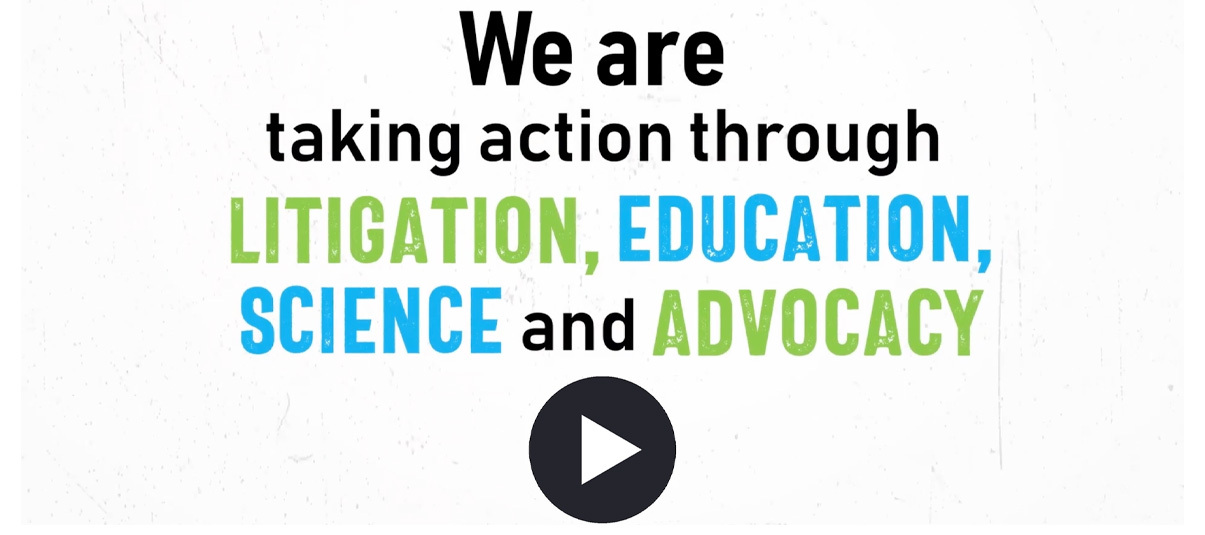Striking New Study Links Childhood Vaccines to 80% of Autism Cases in the U.S.
A jaw-dropping study has reignited the vaccine-autism debate, suggesting that vaccinated children have 170% higher risk of autism
Published in Science, Public Health Policy and the Law, the peer-reviewed study analyzed Florida Medicaid data for 47,155 nine-year-olds and found a striking “dose-response” relationship between the number of vaccine visits and the risk of autism and other neurodevelopmental disorders (NDDs).
Key Findings at a Glance:
- Relative Risk (RR): Children with 11 or more vaccination visits were 4.4 times more likely to develop autism compared to unvaccinated children.
- Population Attributable Risk (PAR): The study calculates that close to 80% of autism cases may be caused by the CDC’s childhood vaccination schedule.
- Neurodevelopmental Disorders (NDDs): Vaccinated children had a 212% greater likelihood of developing at least one NDDS: learning disabilities, ADHD, epilepsy, and brain inflammation than unvaccinated children.
This study highlights a “dose-response” relationship—meaning the more vaccines a child received, the greater their risk of developing autism. Experts argue that this relationship strongly supports causality rather than mere correlation. Additionally, the CDC’s vaccine schedule has expanded significantly, increasing from 24 doses in the 1980s to more than 70 doses today. The study’s authors, Anthony Mawson and Binu Jacob, suggest this increase is likely a key factor driving the sharp rise in autism rates, now at 1 in 36 children compared to 1 in 1,000 in the 1990s.
Why Isn’t the Government Investigating?
Despite these findings, the U.S. government has not conducted studies comparing vaccinated and unvaccinated children. The National Institutes of Health (NIH) refuses to pursue this research, and a 2009 congressional bill (HR 3069) requiring such studies was killed in committee. Critics argue that these actions reflect a deliberate effort to suppress data that could reveal vaccine risks.
Steve Kirsch, who highlighted the study on Substack, noted that access to critical databases like DEVEXI has been systematically shut down, limiting researchers’ ability to examine vaccine safety. He emphasized that if vaccines were as safe as claimed, pharmaceutical companies would demand transparency and promote studies proving their efficacy.
Implications for Policy and Parental Choice
Biologist Christina Parks, Ph.D., argued that the study underscores the importance of parental choice in vaccination decisions. She noted that preterm infants, who are particularly vulnerable, were statistically no more likely to develop NDDs if left unvaccinated.
Epidemiologist Nicolas Hulscher called for an overhaul of the CDC’s vaccination schedule, citing a lack of proper long-term, placebo-controlled safety trials for many vaccines.
The Way Forward
Experts and activists are urging the government to fund comprehensive, independent studies on vaccinated versus unvaccinated children. Until then, this study provides a critical lens through which to evaluate the safety and long-term effects of childhood vaccines.
Sources: Children's Health Defense, The Defender Steve Kirsch Substack Dr. Peter McCullough's Substack
*************************************************************************************************************
If you find value in the work we do at Children’s Health Defense Canada, please consider making a donation so we may continue to advocate for and protect our most valuable resource…our children.

